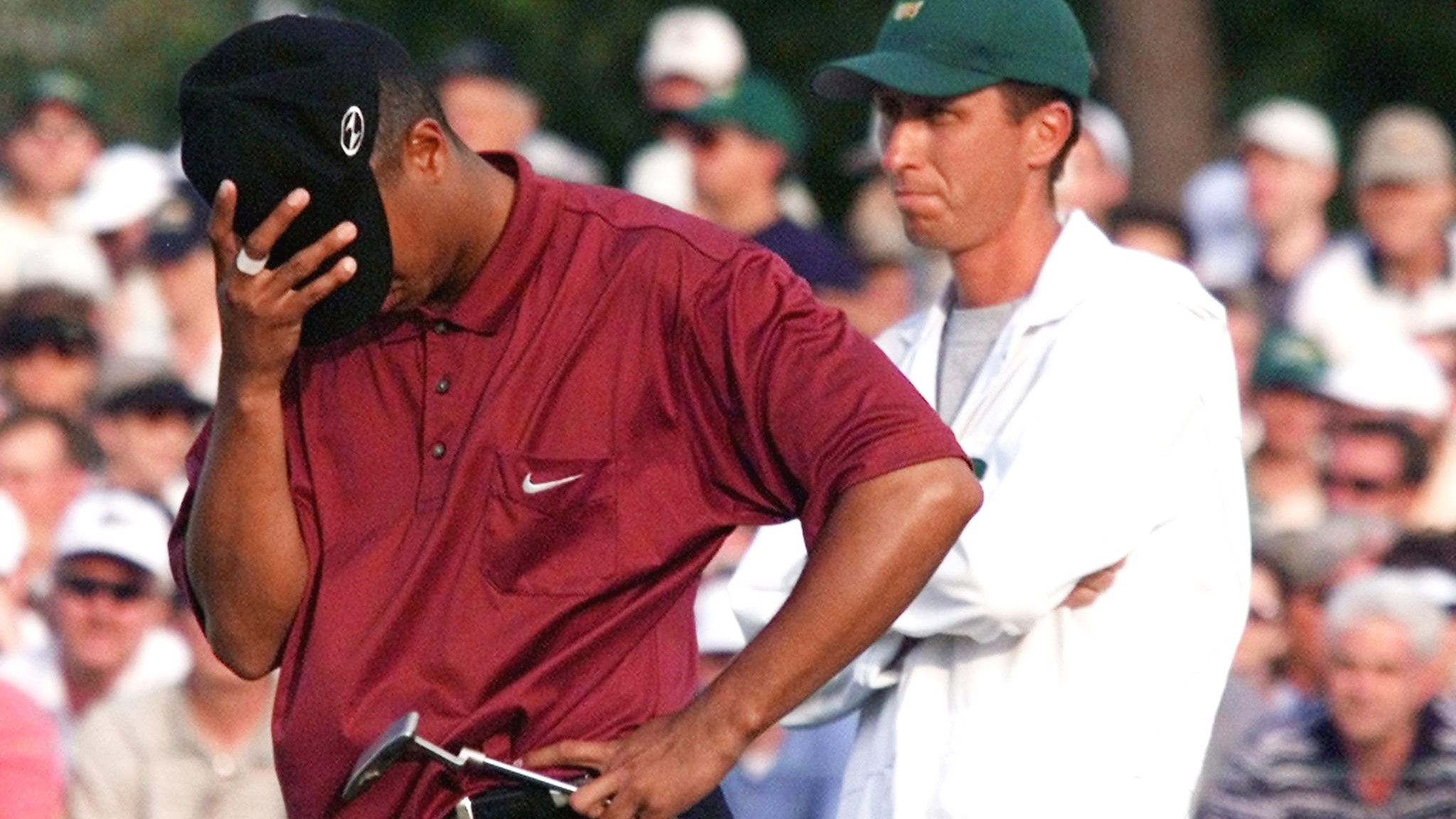
LIV Golf may flash more cash, but The PGA Tour is still considered the pre-eminent golf tour. At one stage the European Tour rivalled it in status, but most of the best European and international golfers now gravitate to the PGA Tour and play mostly on this tour.
A recurring aspects of golf history is the retrospective awarding to tournaments a status that they did not have at the time. For instance those competing in the 1860 Open Championship will have had no idea that they were competing in an event that would later be deemed to be one of golf's four Men's Majors. Nor, for that matter, would those who took part in a tournament at Augusta in 1934 know that they were competing in a future Major event known as The Masters. They were simply competing in the Augusta National Invitation Tournament.
Those golfers teeing it up at Prestwick in 1860 could have even less idea that, in 2002, the winner of this tournament would be deemed to have won an event on the PGA Tour, an American-based organisation, which holds most of its tournaments in the United States and which was only officially formed in 1968.
However the PGA Tour’s antecedents can be dated to way before then to various organisations of professional golfers which looked to establish, run and promote tournaments for professionals in North America.
Many of these significant early golf tournaments have been retrospectively classified as PGA Tour events. So, for example, Macdonald Smith, a Scotsman who settled in California and became a club pro there, is credited with having 25 wins on the PGA Tour between 1912 and 1932. This puts him tie 24th in the list of all time PGA Tour winners. But can you name those golfers who appear in the top 10?







